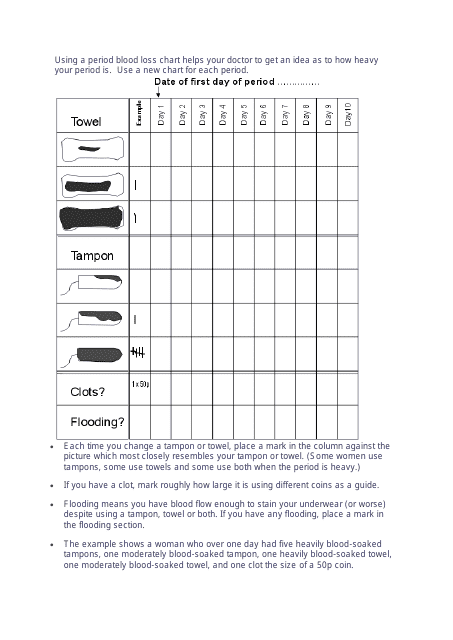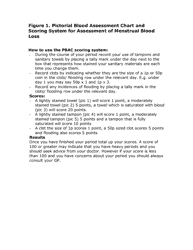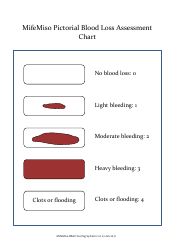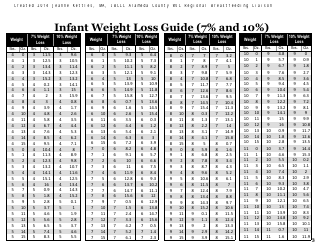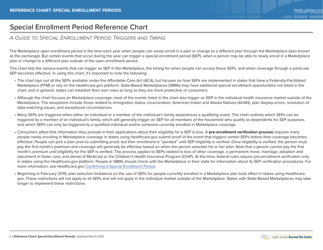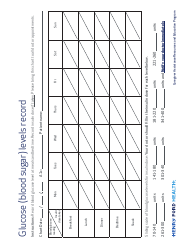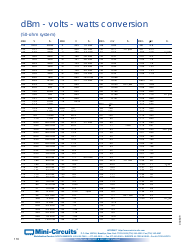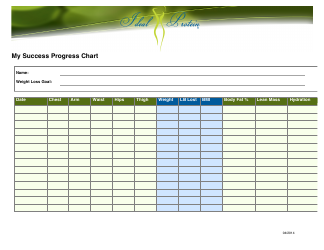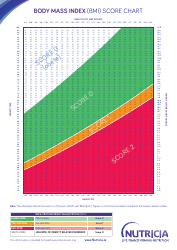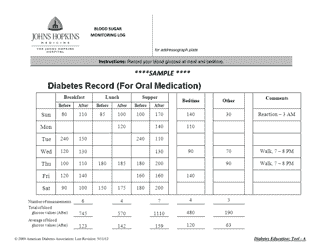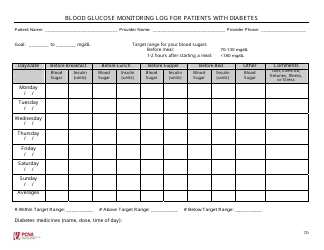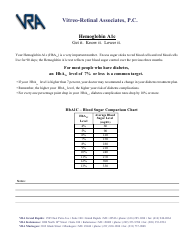Period Blood Loss Chart
The Period Blood Loss Chart is a tool designed to help individuals, typically women, monitor and keep track of their menstrual flow throughout their periods. This chart is used to note the volume and frequency of blood loss during menstruation. It can be an essential tool for understanding one's menstrual health and recognizing any changes or irregularities. Additionally, it can be a useful resource when discussing menstrual concerns with healthcare providers. Overly heavy periods, known as menorrhagia, can lead to other health problems, so identifying any abnormal bleeding through this chart can be crucial for overall health.
A Period Blood Loss Chart is typically filed or tracked by an individual woman. This is a personal method used to monitor menstrual cycles including bleeding, which can be useful information for healthcare professionals. Certain apps and digital platforms can aid in this tracking as well.
FAQ
Q: What is a period blood loss chart?
A: A period blood loss chart is a tool used by individuals or healthcare professionals to estimate the amount of blood loss during a menstrual cycle. It can help identify menorrhagia, a condition where a woman has excessively heavy or prolonged menstrual periods.
Q: How does a period blood loss chart work?
A: A period blood loss chart works by tracking the amount and type of menstrual flow each day. This can be achieved by recording the number of pads or tampons used, and noting whether they were light, medium, heavy, or saturated.
Q: What is considered a normal amount of blood loss during a period?
A: A normal amount of blood loss during a menstrual period is between 20 to 60 milliliters, or about 4 to 12 teaspoons. However, this may vary depending on individual differences and health conditions.
Q: What could excessively heavy or prolonged periods indicate?
A: Excessively heavy or prolonged periods, a condition known as menorrhagia, could indicate various medical conditions including hormonal imbalance, fibroids, endometriosis, or complications related to pregnancy. It's important to consult a healthcare professional if you're concerned about your menstrual cycle.
Q: Does period blood loss vary from woman to woman?
A: Yes, period blood loss varies significantly among women. Factors such as age, health, diet, stress levels, and contraception method can affect menstruation.
Q: How important is it to monitor period blood loss?
A: Monitoring period blood loss can be an important part of understanding your body and identifying any potential health concerns early. It can help track your menstrual cycle patterns, identify any abnormal or heavy bleeding, and provide important information to health professionals for diagnosis and treatment planning.
